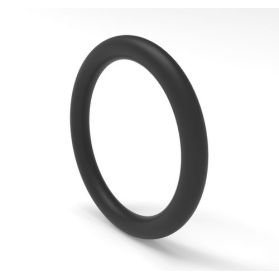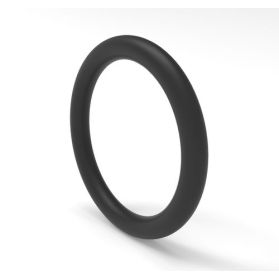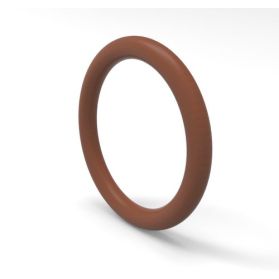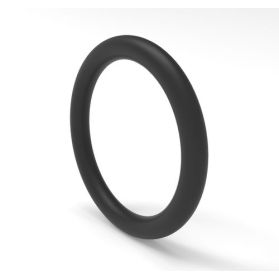O-ring FKM
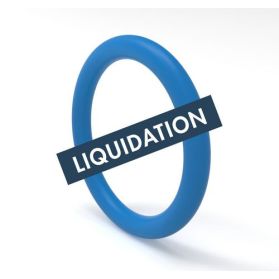 PERTEC® O-ring CIP FKM 75.501-04 (Only while stocks last)Number of articles in this product: 170
PERTEC® O-ring CIP FKM 75.501-04 (Only while stocks last)Number of articles in this product: 170
O-Rings in FKM
The term fluorelastomer (abbreviated as FKM for "Fluorine Kautschuk Material", formerly also FPM) describes a whole group of fluorine rubbers which have vinylidene (di)fluoride (VDF) as one of their monomers as a common characteristic.
Advantages of FKM
FKM’s general operating temperature ranges from -25 to +200°C. FKM has a very good resistance to media, ozone and ageing. The material is also resistant to fuels, mineral oils and greases as well as aliphatic and aromatic hydrocarbons. Fluororubbers were developed in the 1950s by DuPont (Viton) and are now also offered by Solvay, Dyneon and Daikin and other manufacturers.
The two main types of fluorrubbers are:
- Copolymers of vinylidene fluoride (VDF) and hexafluoropropylene (HFP) and
- Terpolymers of VDF, HFP and tetrafluoroethylene (TFE)
Thanks to the additionally introduced TFE, terpolymers have a higher fluorine content than copolymers (approx. 68-71 % compared to 66 % for the copolymers), which is reflected in a significantly better resistance to chemicals and higher temperatures. In contrast, copolymers have advantages in terms of compression set and low-temperature flexibility.
The main types of cross-linking used today are bisphenol and peroxide, which also have a high influence on chemical resistance and temperature behaviour. Thus, fluorocarbon materials can be modified today to achieve a low-temperature resistance of -60°C and a high-temperature resistance up to +250°C. Special materials now also have excellent hot water and steam resistance, which makes these materials increasingly interesting for the process industry.
Fields of application of FKM
Due to the fluorine content and the associated broad chemical resistance, as well as the excellent high-temperature behaviour, seals made of FKM are used in the automotive industry, the chemical, pharmaceutical and process industry, the aerospace industry and the oil and gas industry.
Discover our standard range of HITEC® FKM and NORMATEC® FKM
Angst+Pfister has a stock range of HITEC® FKM and NORMATEC® FKM’s in green and black.

